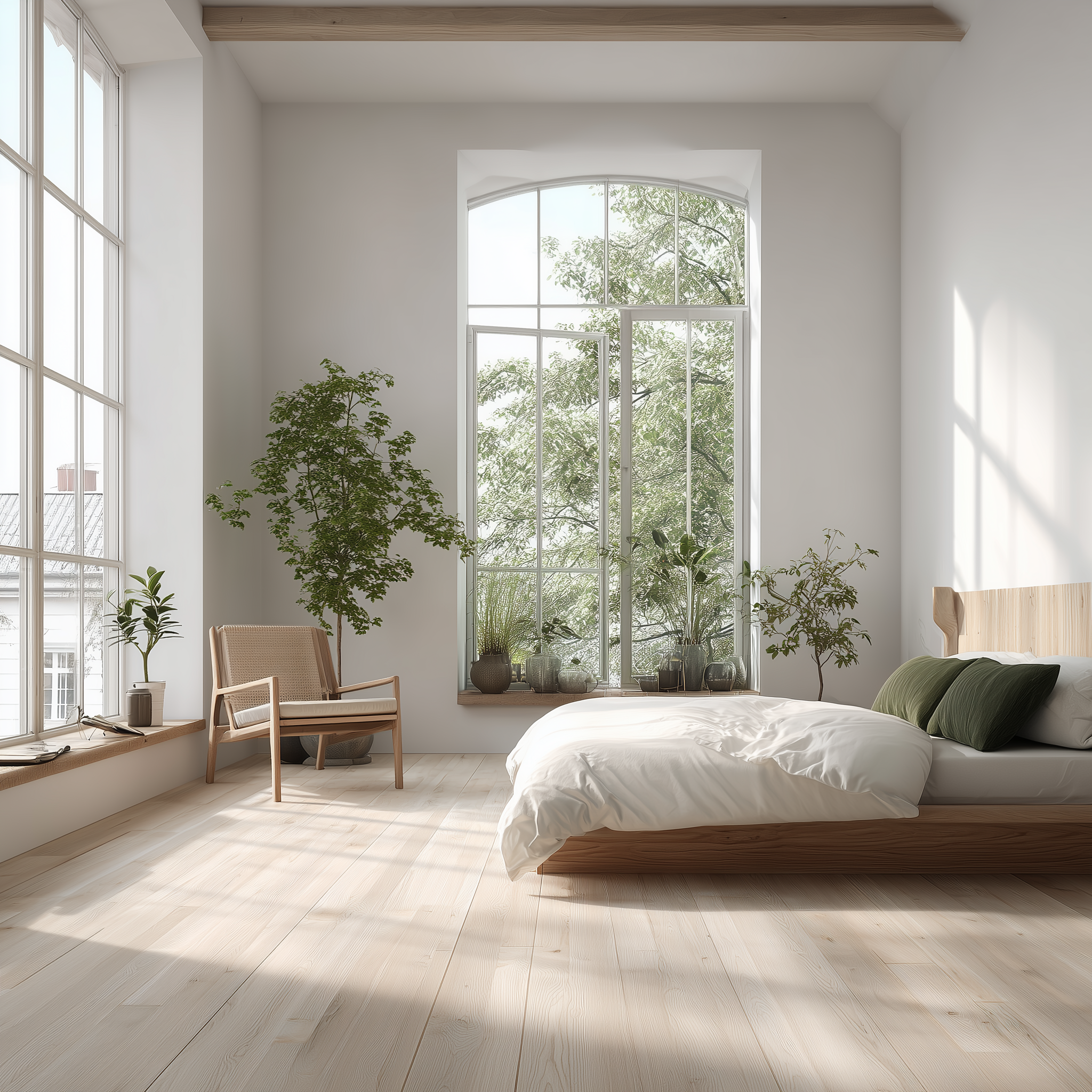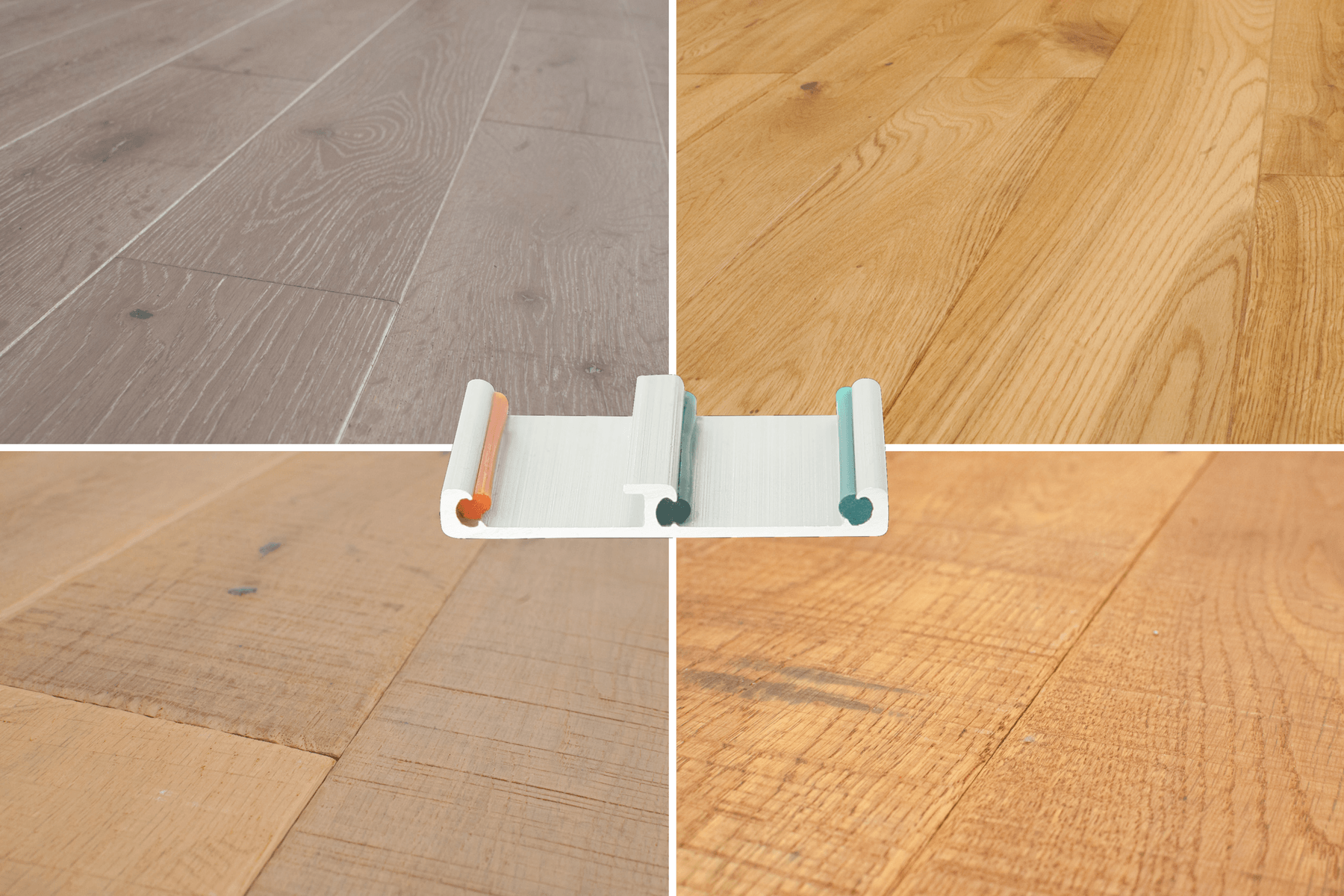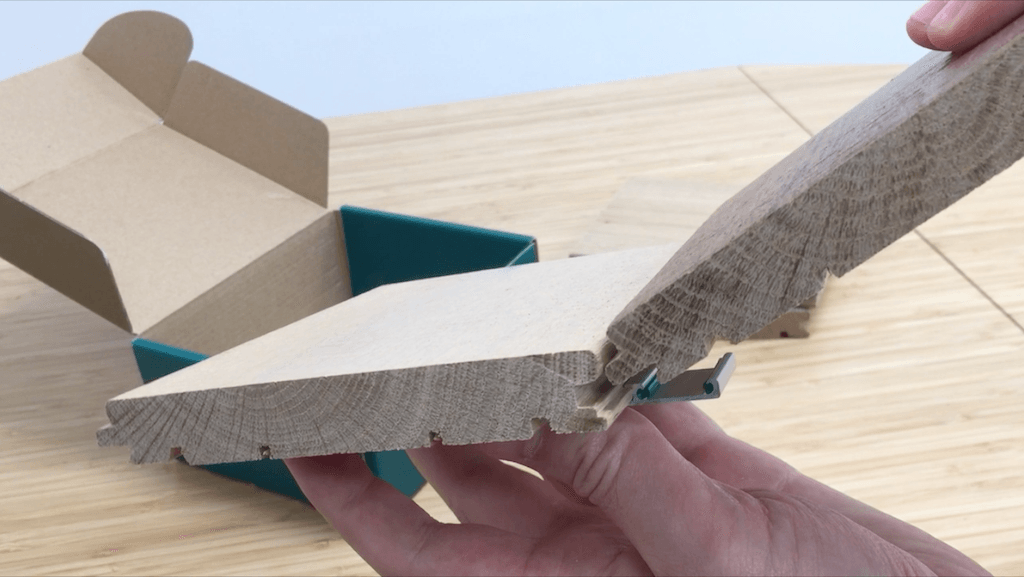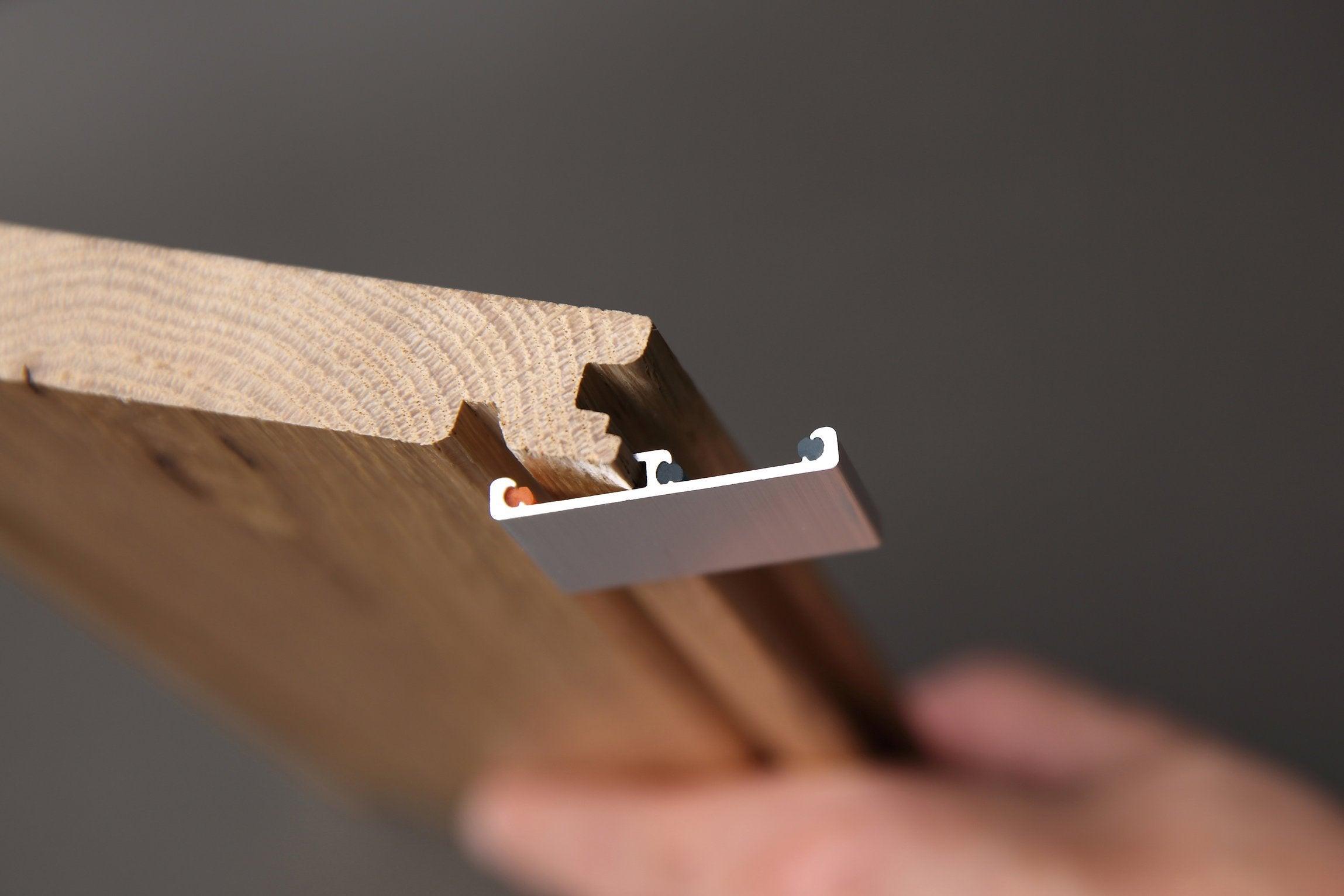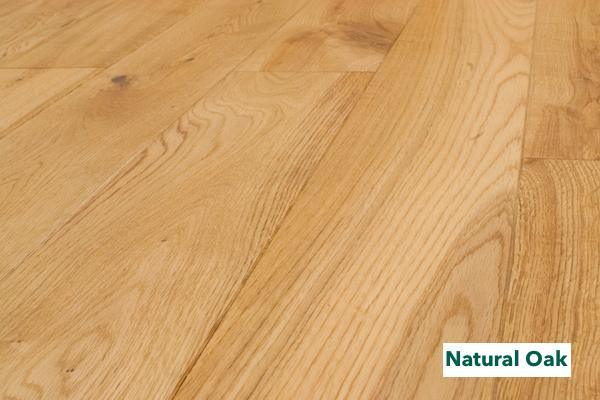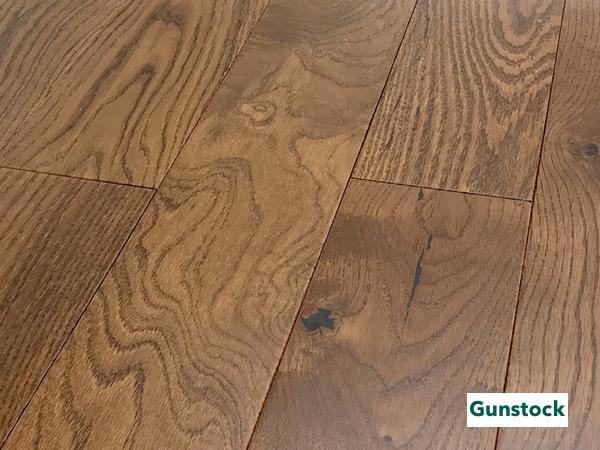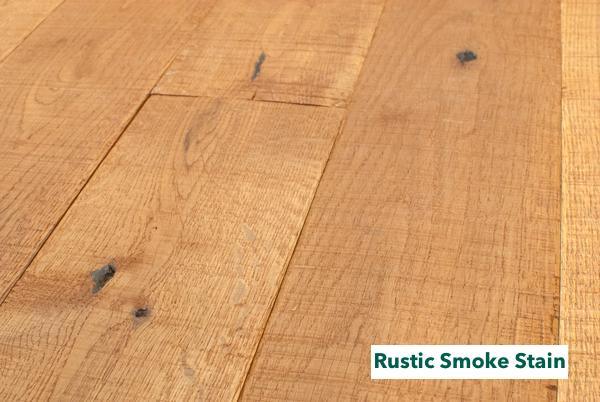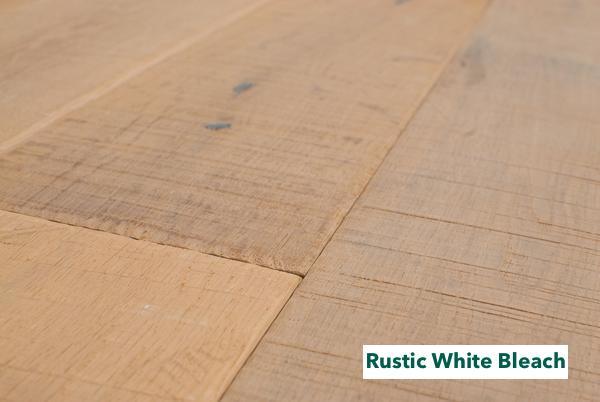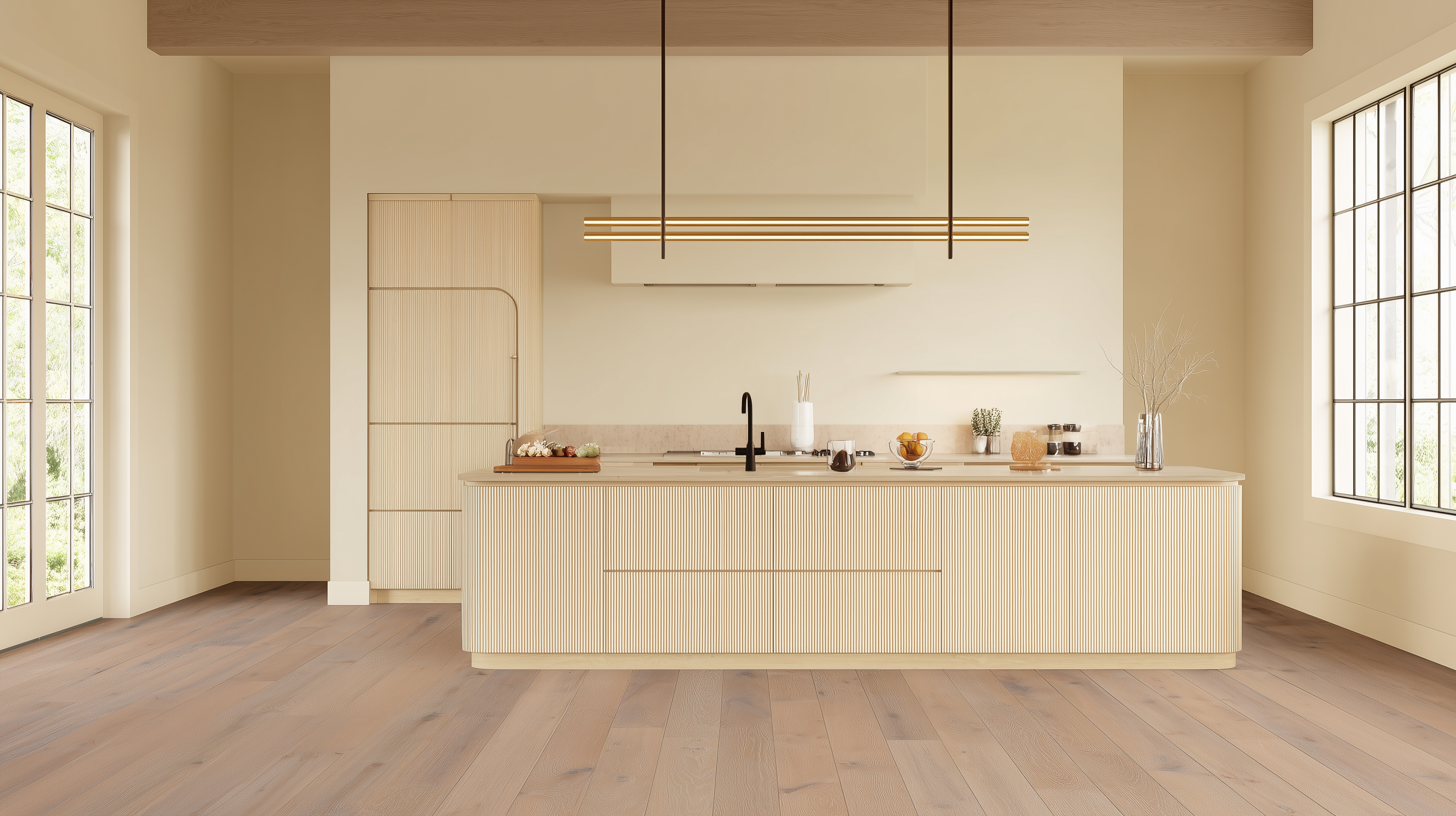When homeowners think about remodeling, resale value is always part of the equation. But not every upgrade pays you back when it’s time to sell. That’s why choosing the right materials is critical and few deliver a better return on investment than hardwood floors.
Yes, hardwood carries a higher upfront cost than vinyl or carpet. But when you look at the big picture — style, longevity, and resale value — it’s clear that solid hardwood flooring is one of the smartest investments you can make in your home.
Here’s why high-quality hardwood is worth every penny.
Hardwood Floors Add High Resale Value
Many homebuyers today prefer hardwood floors because they add an elegant and natural element to the home. As one of the oldest flooring materials, hardwood never goes out of style, giving a timeless look to a home no matter how trends change over time. And with the large variety of wood types under the hardwood category, homeowners will not have any shortage of colors, designs, grain patterns, and consistencies to choose from that will improve property value.
Because hardwood flooring is an attractive amenity for potential homebuyers, it provides a hefty return on investment for homeowners. On average, the return on investment for installing hardwood floors can go as high as 70% to 80% of its total cost.

Durability That Lasts for Generations
More often than not, you will see old houses still having their original hardwood flooring. That is because hardwood floors are so durable that they can potentially last more than a hundred years if they are cared for properly. For this reason, you will not need to replace hardwood flooring as often as other flooring options. Technological advances in the treatment of hardwood have also led to this flooring material lasting longer and looking better than ever before.
Hardwood flooring is also low-maintenance. Modern hardwood flooring is finished and sealed in a way that lets it withstand heat and moisture conditions that are higher than the average. It can also carry a lot of weight and will not gather scratches or denting as much as its softer wood counterparts. Finishes are also now more durable than they were in the past, so your floor can maintain its luster for many years. Because of this, maintaining a hardwood floor is quite easy. Just simply sweep or use a dry mop or duster and you are done.
Save on Installation Costs
Installing hardwood floors is actually fairly simple compared to other flooring options. For instance, installation does not require grout as floor tiles do. If you hire a trained professional to install hardwood, they can accomplish several rooms in just a short amount of time. This easy installation can help you save on installation labor and equipment cost.
For even more savings, you can even do the installation yourself. The usual method of installing hardwood can be quite difficult for an average DIYer. Without the proper tools, equipment, and technical know-how, you may end up installing the hardwood planks the wrong way and end up getting higher expenses. Fortunately, new techniques such as the use of clips instead of glue, nails or screws have been developed to aid DIYers in installing hardwood floors, leading to more savings.

A Sustainable and Eco-Friendly Choice
Another reason why hardwood floors are worth the investment is their minimal impact on the environment. Hardwood is one of the few flooring materials that are harvested from a sustainable and renewable source. Most of the timber that is cut and processed today comes from more than 100 million acres of forests that are held to an environmentally friendly standard by the Forest Stewardship Council.
In addition, wood floors also take fewer resources and less energy to produce compared to carpets, which use more synthetic materials and get treated with more chemicals. Finally, hardwood flooring can easily be disposed of or recycled. Hardwood is biodegradable, which adds to a sustainable lifestyle. Planks and scraps of hardwood that didn’t make the cut can be stored and used later if you need to replace a plank. You may even use them as materials for your next DIY project.
Hardwood Floors: Beauty, Value, and Longevity in One Investment
Hardwood flooring may require a significant initial investment on your part. But with the added benefits of increased property value, high durability, low maintenance costs, and potential savings, not to mention its sustainability, getting quality hardwood floors is well worth it.
Hardwood floors are more than just a beautiful design choice. They’re a financial investment, a sustainable upgrade, and a feature that keeps your home competitive in the real estate market. With durability that can span generations, minimal maintenance needs, and eco-friendly sourcing, hardwood continues to stand out as the flooring material of choice for homeowners who want long-term value.
Easiklip takes the benefits of hardwood even further with a simple clip-in installation system that makes professional results achievable for any DIYer. Durable, eco-conscious, and timeless, Easiklip hardwood floors are built to last—and built to make your investment pay off.
👉Experience the Easiklip difference today by ordering your sample pack.
